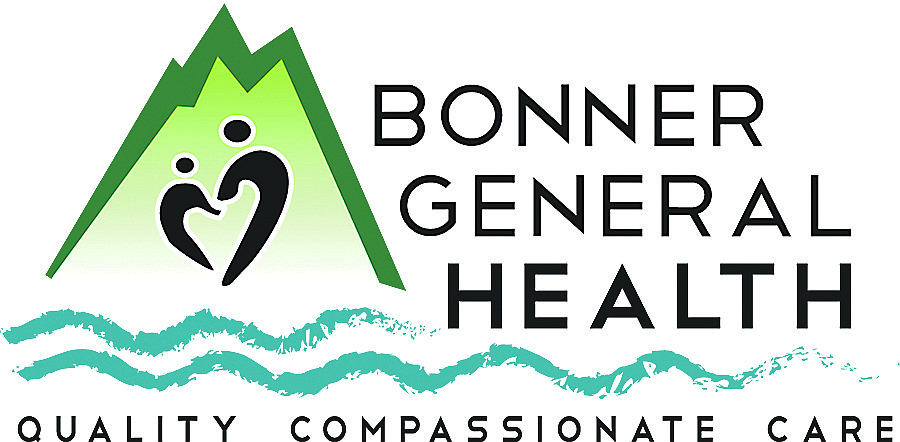That dry, itchy skin possible sign of psoriasis
Each August, the National Psoriasis Foundation sponsors Psoriasis Awareness Month, dedicated to raising awareness about psoriasis, educating the public, and dispelling myths about the diseases. Psoriasis is the most common autoimmune disease in the country, affecting three percent of the population, that’s 7.5 million Americans.
NPF explains that the overactive immune system speeds up skin cell growth. “Normal skin cells completely grow and shed in a month. With psoriasis, skin cells do this in only three or four days. Instead of shedding, the skin cells pile up on the surface of the skin.
“Some people report that psoriasis plaques itch, burn, and sting. Plaques and scales may appear on any part of the body, although commonly found on the elbows, knees, and scalp. One in three people with psoriasis may also develop psoriatic arthritis. Signs of PsA include swelling, stiffness, and pain in the joints and areas surrounding the joints.”
Psoriasis can affect anyone at any age, but typically the onset appears between the ages of 15 and 25. Mayo Clinic says that about a third of instances begin in the pediatric years. It’s important to know that psoriasis is not contagious. Do I need to repeat it? Psoriasis is NOT contagious.
Although the most prevalent complication is arthritis, there are a multitude of other risks, including high blood pressure; cardiovascular disease; type 2 diabetes; eye conditions such as conjunctivitis, blepharitis, and uveitis; depression; Crohn’s disease, and other autoimmune diseases.
There are five types of psoriasis. About 80 percent of those affected have psoriasis Vulgaris or plaque psoriasis. It’s usually found on the elbows, knees, scalp, and lower back. Guttate psoriasis often starts in childhood or young adults and appears as small, red, individual spots on the skin.
Inverse psoriasis is found in the armpits, groin, and skin folds of other private parts. The lesions appear bright red and are smooth and shiny. Primarily seen in adults, pustular psoriasis is characterized by white blisters of noninfectious pus (consisting of white blood cells) surrounded by red skin. And erythrodermic is a particularly inflammatory form of psoriasis that affects most of the body surface.
Mayo Clinic says that many people with a predisposition for psoriasis won’t experience symptoms until the disease is triggered by something in the environment. “Common triggers include infections, such as strep throat or skin infections; weather, especially cold, dry conditions; injury to the skin, such as a cut or scrape, a bug bite, or severe sunburn.”
Smoking or being exposed to secondhand smoke can also be triggers, as can heavy alcohol consumption and taking certain medications.
As for risk factors, Mayo Clinic lists three: “Family history. The condition runs in families. Having one parent with psoriasis increases your risk of getting the disease, and having two parents with psoriasis increases your risk even more.
“Stress. Because stress can impact your immune system, high-stress levels may increase your risk of psoriasis.
“Smoking. Smoking tobacco not only increases your risk of psoriasis but also may increase the severity of the disease. Smoking may also play a role in the initial development of the disease.”
Psoriasis can’t be cured, but it can be treated. Your primary care provider will ask you about your health and examine your skin, scalp, and nails to diagnose psoriasis. They might take a small sample of tissue for examination under a microscope. Determining the type of psoriasis will aid in developing the treatment.
“Psoriasis treatments aim to stop skin cells from growing so quickly and to remove scales. Options include creams and ointments (topical therapy), light therapy (phototherapy), and oral or injected medication,” Mayo says.
“Which treatments you use depends on how severe the psoriasis is and how responsive it has been to previous treatment. You might need to try different drugs or a combination of treatments before you find an approach that works for you.”
Obviously, the goal is to find the most effective treatment that comes with the least amount of side effects. Some alternative supplements on the market claim success, but I will encourage you to talk to your healthcare professional before trying them.
Kathy Hubbard is a member of the Bonner General Health Foundation Advisory Council. She can be reached at kathyleehubbard@yahoo.com.



